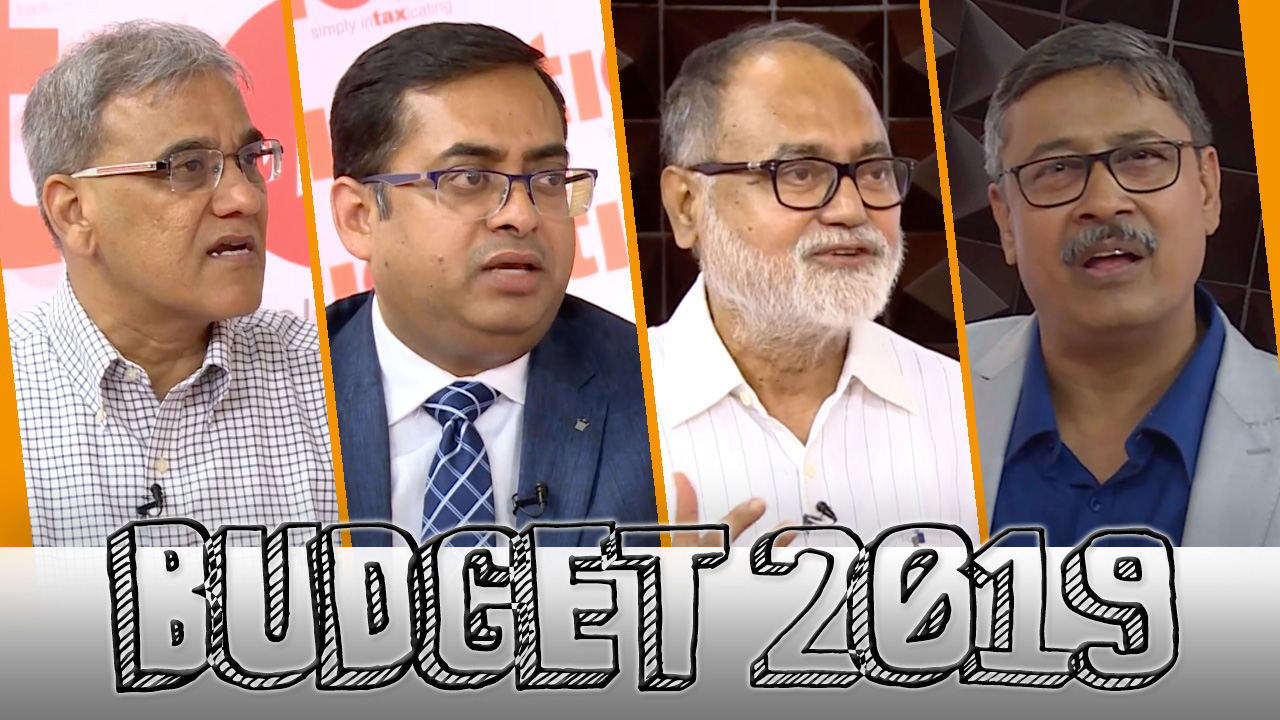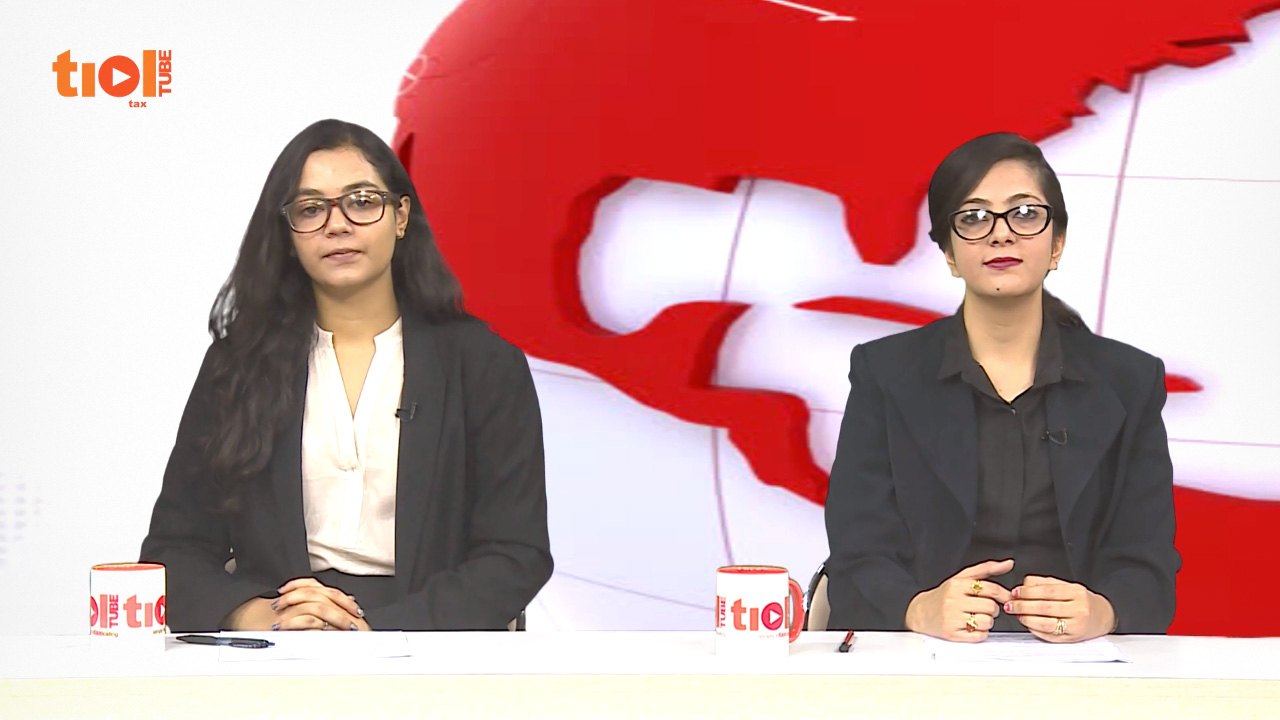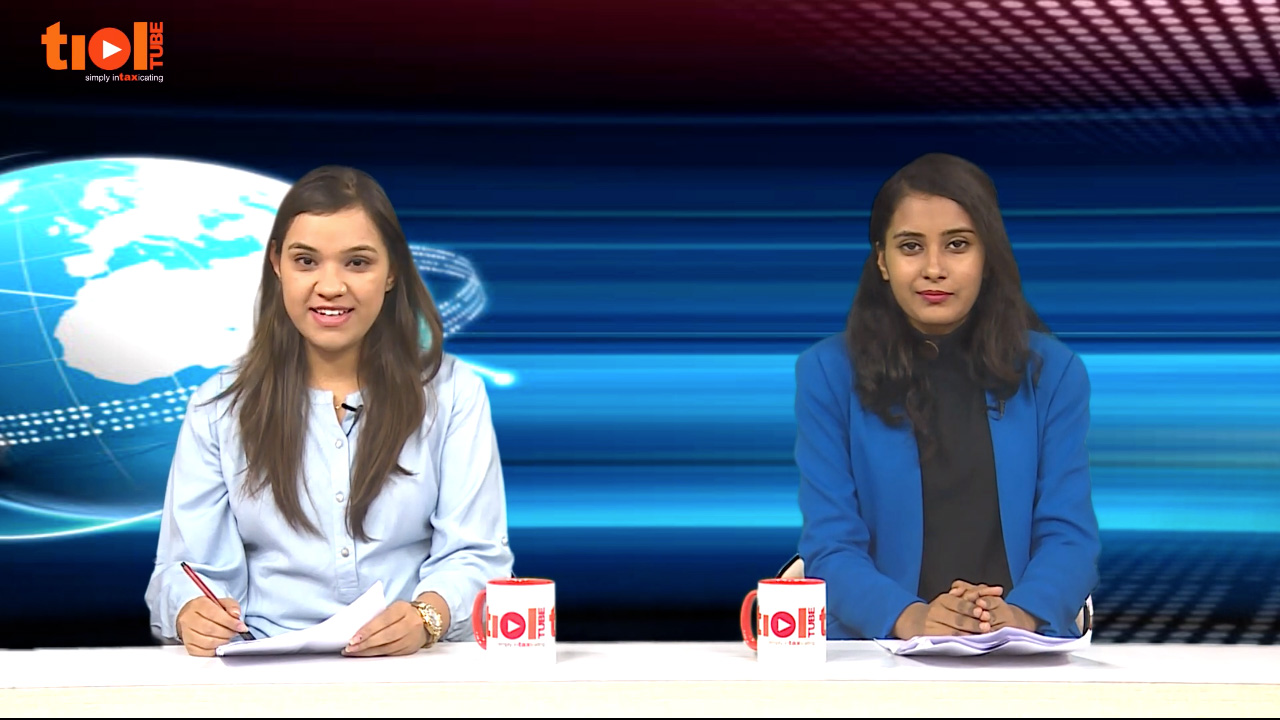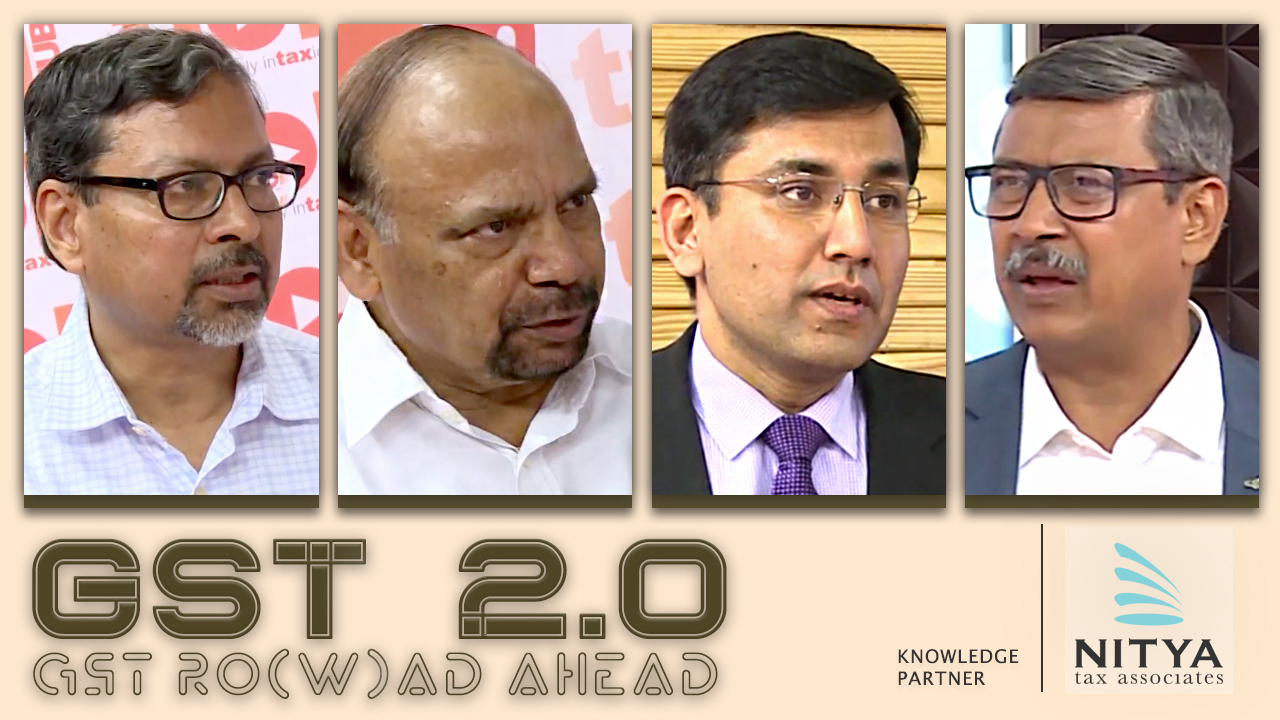|
SERVICE TAX
2019-TIOL-1708-CESTAT-BANG
Ramco Cements Ltd Vs CC, CE & ST
ST - The assessee is engaged in manufacture of cement and are availing CENVAT credit of duty paid on capital goods as well as inputs and input services - The assessee was procuring indigenous/ imported coal or lignite for manufacture of cement / for generation of electricity and the same was attracting Clean Energy Cess from 01/07/2010 onwards pursuant to enactment of the Finance Act, 2010 - During the period from 01/04/2015 to 31/12/2015, two statements of demand were issued to assessee seeking to recover inadmissible availed CENVAT credit of Clean Energy Cess for the two periods on the ground that the assessee is not entitled to take CENVAT credit on Clean Energy Cess - This issue has been considered by in assessee's own case for the earlier period and the appeal of assessee was allowed by setting aside the impugned order denying the CENVAT credit for Clean Energy Cess - By following the ration of Tribunal in assessee's own case, the impugned order is set aside: CESTAT
- Appeal allowed: BANGALORE CESTAT
CENTRAL EXCISE
2019-TIOL-1710-CESTAT-DEL
Sand Plast India Ltd Vs CCE
CX - The assessee is engaged in manufacturing Sand Lime Fly Ash Bricks - During the relevant period, its factory was searched by the Revenue, whereupon certain records were seized along with 1.9 lakh pieces of such Sand Lime Fly bricks holding that the goods are classifiable in Tariff Heading 68159910 & that the assessee is ineligible for benefit under Notfn No 01/2011-CE - The Revenue also proposed to confiscate the bricks and also impose penalty - Such proposals in the SCN were confirmed upon adjudication - Hence the present appeal by the assessee.
Held: The assessee claimed that the goods classify under Heading 68109990 where there is no mention of fly ash - The Revenue claimed that the goods are classifiable under under Heading 68159910 which do not mention sand and lime - However, the bricks in question composed of sand and lime and fly ash as well, leading to an overlapping in the description of the goods - From the statements recorded during investigation and which are not denied by the Revenue, it emerges that the assessee initially manufactured mechanised autoclaved sand and lime bricks - From 1990 onwards, Fly Ash products were strongly promoted by the Govt and the Courts to check the environmental pollution - To implement such directions, the Govt offered incentives such as waiving off Excise duty & also prescribed punitive measures - It is after considerable R&D and investment that the assessee developed technology to add fly ash to its basic product, which is mechanised autoclaved sand lime bricks - Hence the major raw materials used were Sand and Lime and Fly Ash, which was added in compliance with statutory mandate - Considering such facts & circumstances, Rule 3(b) of the General Rules for Interpretation is applicable - From the composition of the bricks, fly ash being used in least quantity & essential material used is sand & lime - Hence the bricks are classifiable under Tariff Entry 68109990 - Thus the assessee rightly availed the exemption & no question of confiscation arises - Besides, the onus of establishing that the goods are classifiable under a particular entry rests with the Revenue - The O-i-O in challenge is quashed: CESTAT (Para 1,5.1-5.5)
- Assessees' appeals allowed: DELHI CESTAT
2019-TIOL-1709-CESTAT-AHM
Sanghi Industries Ltd Vs CCE
CX - The assessee is engaged in manufacture of cement which is sold on MRP Basis as well as non MRP basis - They are making MRP based sale to Dealers/ Stockist in case of which MRP is mentioned on bags and Non MRP sale is made to users e.g. Industrial consumers and institutional customers in case of which no MRP is mentioned on bags - The cement is directly dispatched to the customers from factory or to the Depot and they are availing services of GTA for transportation of cement - The assessee was issued SCNs proposing to deny cenvat credit availed on service tax paid on outward transportation of service tax - The Chartered/ Cost Accountant has certified that the goods were sold on FOR basis by assessee and the freight/ damages in transit was their responsibility till the goods reached the doorstep of Customers - The consignment notes were raised upon assessee and they did not charge any amount except price of the goods from customers - Thus, as the ownership of goods remained with assessee till the goods reached to the customer's doorstep and the freight charges as well as damage to the goods till destination were borne by assessee, hence they are eligible for credit of service tax paid by them on outward freight - As regard the submission made by assessee that they have been operating as per the guideline given in the Circular dated 22.12.2014 and 23.08.2007 which was operative at the relevant time, therefore, even though the same were withdrawn w.e.f. 08.06.2018, but at the relevant time the benefit of said Circular shall be available - Force found in the argument as the law on this issue has been settled time and again by various judgments that beneficial Circular cannot be withdrawn retrospectively - Consequently, the benefit of the said Circulars shall be available to the assessee during the material period of this case - As regard limitation, the issue was not free from doubt and right from introduction of Cenvat Scheme under Cenvat Credit Rules, the outward GTA was the matter under litigation and for that reason the Government has to come out with clarification thereafter the matter was subject to various litigation before Tribunal, b High Courts and Supreme Court, therefore no malafide intention can be attributed to assessee, therefore, wherever the demand is for extended period, the same will also not be sustainable on the ground of time bar: CESTAT
- Appeals allowed: AHMEDABAD CESTAT
CUSTOMS
2019-TIOL-1711-CESTAT-BANG
Kohinoor Floor Pvt Ltd Vs CC
Cus - The assessee have complied with Notfn 102/2007 and filed the refund claim of 4% additional duty of customs levied under Section 3(5) of CTA, 1975 - They have annexed with the refund claim all the documents which are required as per the notification and circulars issued by Board from time to time - Further, the assessee has also attached a certificate issued by statutory Chartered Accountant who has certified the payment of VAT by assessee but the said certificate has also not been believed by both the lower authorities - A CA certificate should be accepted to extend the benefit of Notfn 102/2007-Cus - In the case of Gujarat Boron Derivatives Pvt. Ltd. 2012-TIOL-52-CESTAT-AHM, it has been held by Tribunal that the circular issued by Board clearly shows that CA certificate is sufficient if it explains how the burden has not been passed on and the exemption is available if the importer shows that he has paid 4% SAD(CVD) and subsequently the goods have been sold in the domestic market and VAT has been paid - In the case of Shanti Enterprises 2015-TIOL-2884-CESTAT-DEL , it has been held that when the condition laid down in the notification and circulars have been complied, the mere change in the description of the goods in the domestic retail invoice which may be due to various reasons cannot be a defensible ground to deny the benefit of refund to which the assessee is legally entitled to - It is also a well settled law that no extraneous condition can be introduced into any notification and insistence upon such conditions cannot be made by Revenue when there is no such condition in the notification - The impugned order is not sustainable in law and therefore, the same is set aside: CESTAT
- Appeal allowed: BANGALORE CESTAT |









